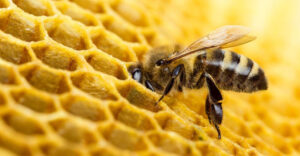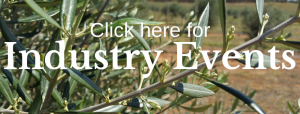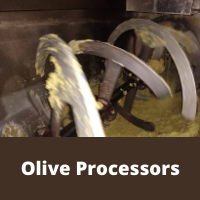
Demand for healthy bee colonies for pollination and declining global bee health necessitate improved hive monitoring. Horticulturalists want pollination-ready hives, and beekeepers value early intervention against disease and stress.
To address these challenges, beekeepers need efficient tools for enhanced colony health monitoring. Various sensor-based tools promise beehive data like weight and internal temperature to help manage bee colonies.
A project being undertaken by researchers at Macquarie University will define the needs for bee health technologies for beekeepers and growers, test these tools against gold-standard lab methods, aiming to understand what they reveal about hive health and how to interpret their data. They will then make recommendations and help with the adoption of relevant technologies.
As the project commences, they are conducting an online survey to fully understand beekeepers’ and growers’ needs and expectations of the industry; also the challenges to the deployment of sensor technologies.
The aim of the survey is to perform a cost-benefit analysis to measure the benefits or opportunities that sensors offer compared to their associated costs. This will enable testing of the economic viability of bee health sensors.
If you’re one of the many olive producers who also house hives, or produce honey as part of your business mix, please add your input to this important project. The survey will take around 10 minutes and all information gathered is confidential.
Find out more and participate here.
This project has been funded by Hort Innovation, using the Hort Frontiers Pollination Fund research and development levy, contributions from the Australian Government and co-investment from Macquarie University. Hort Innovation is the grower-owned, not-for-profit research and development corporation for Australian horticulture.



